The health benefits of house plants; top choices for mood boosters and cleaner air


Yes, you might have to keep them watered but, when it comes to your health, it’s time to ditch plastic houseplants for the real deal...
Love a trip to the garden centre? The good news is there’s more to plants than just decoration. ‘Plants can transform environments in so many ways, and have a positive benefit on our health and wellbeing,’ says medical herbalist Hannah Charman. ‘In fact, they produce negative ions, which attach to viruses, bacteria and dust particles and remove them from the atmosphere.’
Here’s how houseplants can help you…
The health benefits of house plants
Don’t underestimate their potential healing properties. Plants can:
● Clean the air of pollutants.
● Help maintain optimum humidity, reducing the likelihood of respiratory tract infections.
● Improve oxygen levels, which, in turn, will boost alertness.
GoodtoKnow Newsletter
Parenting advice, hot topics, best buys and family finance tips delivered straight to your inbox.
● Release chemicals called phytoncides, which help to regulate the immune system, lift mood and reduce blood pressure.
● ‘Having plants around has even been found to have multiple benefits for cancer patients, including better pain tolerance,’ says Hannah.
Succulents can help reduce flu-like symptoms, such as headaches or coughs, found a study by Kansas State University.
It’s not just the plants themselves that work wonders, but the soil they’re potted in, too. ‘The microbes in the soil of houseplants help to reduce stress,’ says Hannah. ‘This is why caring for plants is often part of the rehabilitation process following drug or alcohol addiction – it can help to improve confidence, and encourage mindfulness practise.’
Plants can help to create a serene and calming atmosphere at home. The right plants can help to reduce tension and anxiety by 37 per cent and depression by 58 per cent ‘Green is used in colour therapy to help with calming and balancing, and studies have shown that even pictures or murals of plants can have a beneficial effect,’ says Hannah.
‘Spending time in or around nature has been shown to reduce stress levels and improve mental health,’ says Hannah. ‘Aromatic plants, such as lavender and rosemary, also release essential oils that bring a myriad of benefits to the mind.’
Not sure where to start? Hanging baskets, table planters and bathroom box plants are an easy way to add greenery to any home. And there’s no such thing as too much. ‘In a work environment, I’d recommend a houseplant on every desk, and several in each meeting room,’ says Hannah.
Or, not as green-fingered as you’d like? If a plant has wilted, it’s vital to know when to remove it and move on. ‘I get quite upset when any of my plants die (even if it wasn’t entirely my fault) but, on the whole, the rewards outweigh the downsides,’ says Hannah.
The best houseplants for each room
‘Different plants remove different pollutants from the air, and some, such as the areca palm, produce higher amounts of moisture than others,’ says Hannah. Try these...
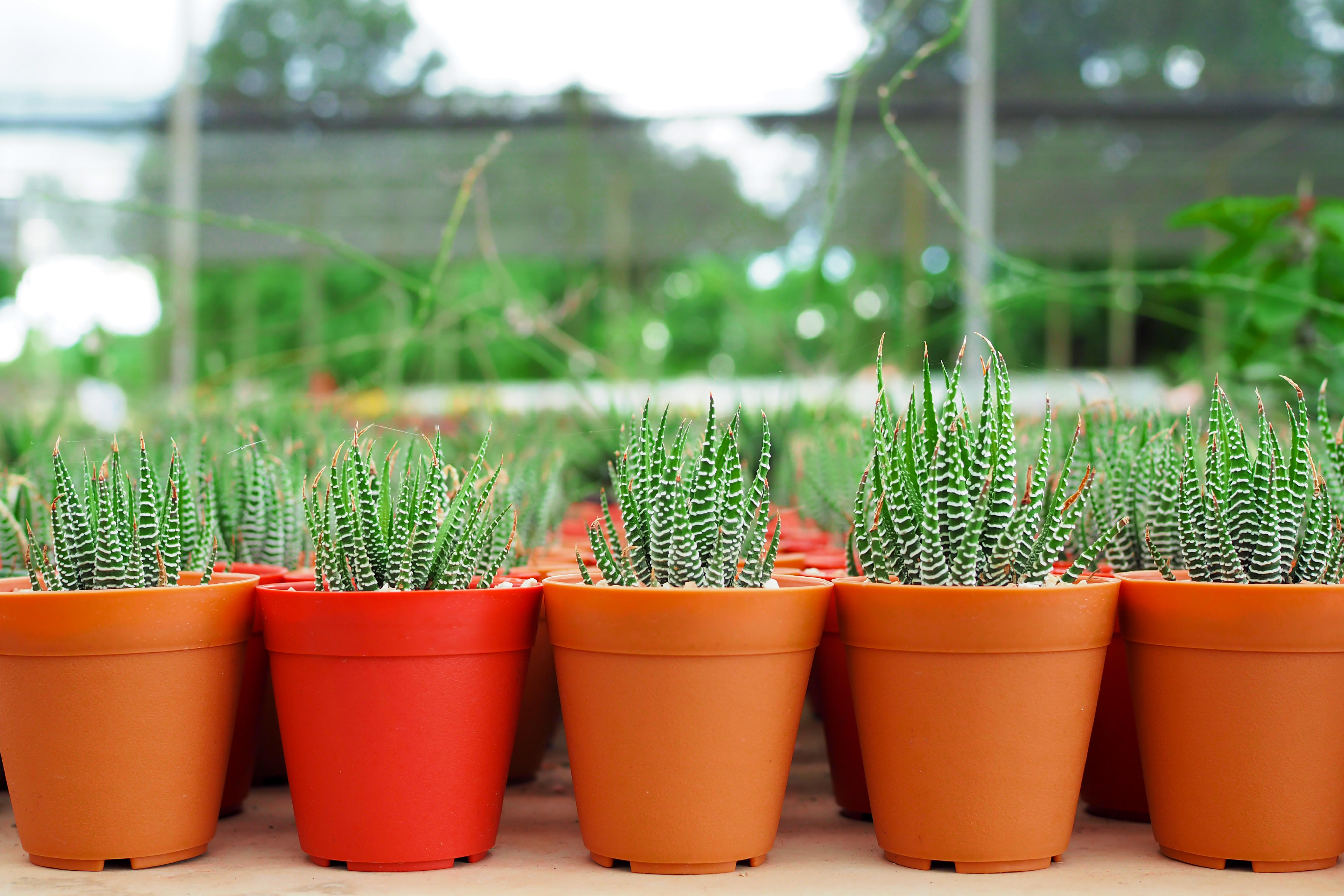
Best houseplants for the bedroom
Aloe vera: It releases oxygen from its leaves at night (most plants just do this during the day), purifying the air while you sleep.
Snake plant: These filter out carbon dioxide. ‘They also help to reduce air temperature,’ says Hannah.
Monstera: Balances energy.
Best houseplant for the kitchen
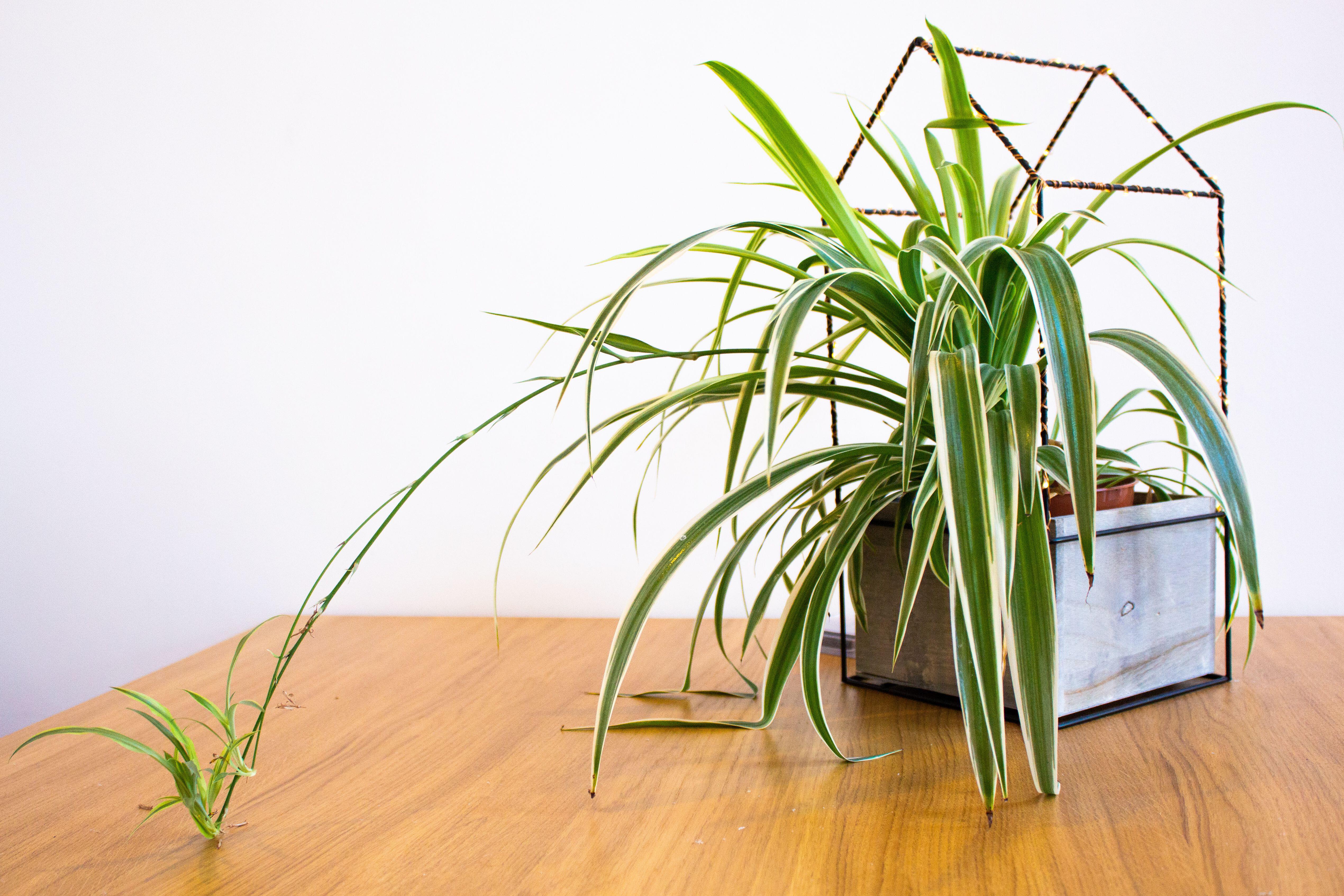
Spider plant: It’s a great air cleanser, removing formaldehyde, which is found in a lot of products.
Golden pothos: Good for removing toxins from furniture and floors, but the plant is poisonous if ingested so best avoided around pets or small children.
Lipstick: (Aeschynanthus): Helps to elevate mood.
Best for: Living areas
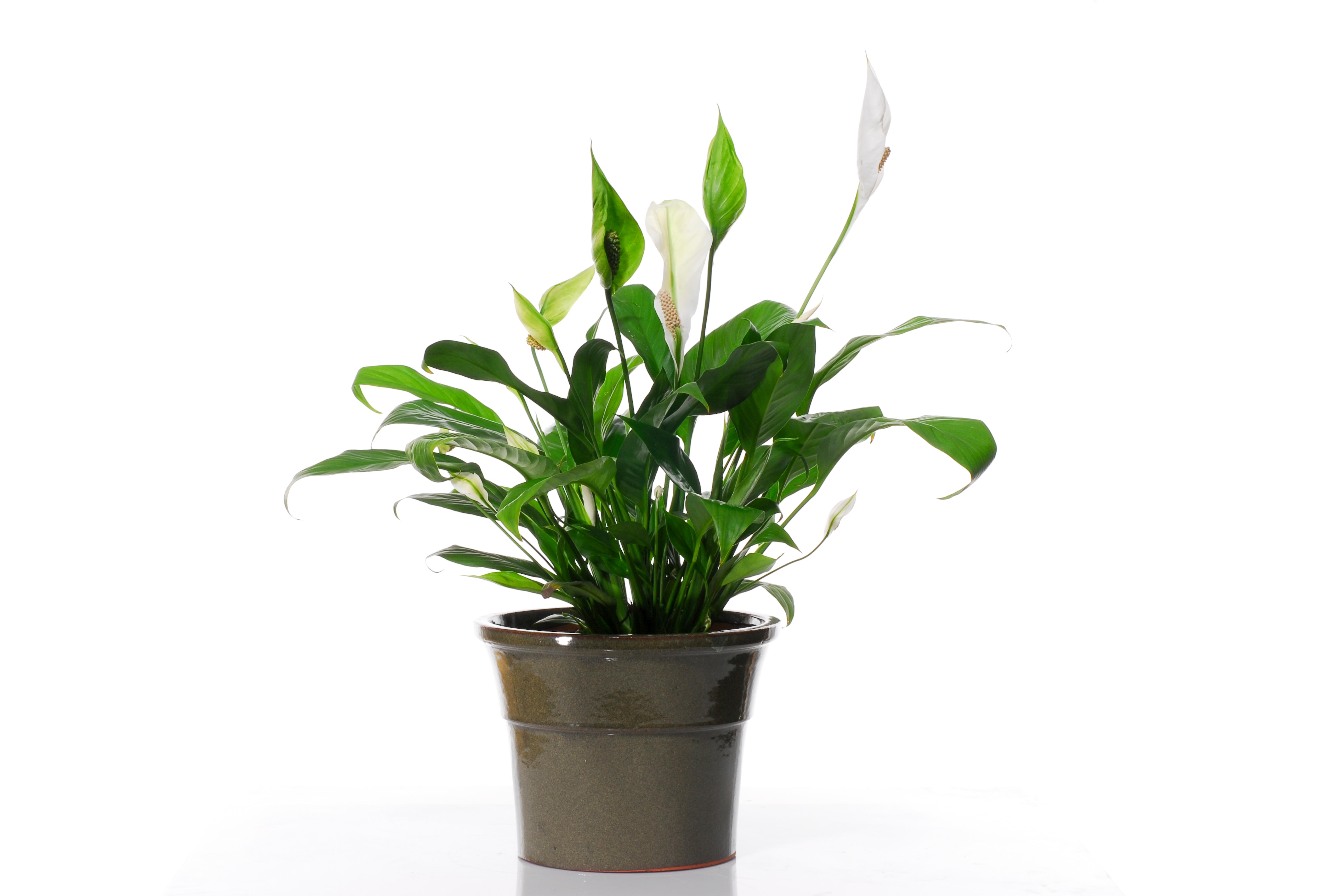
Cheese plant: ‘The large plant leaves release a lot of oxygen and get rid of toxins, which are often a contributory factor in headaches and fatigue,’ says Hannah. ‘They are particularly cleansing and great for wellbeing.’
Boston fern: With its mass foliage, it can rid the air of harmful toxins, as well as restoring moisture in the air, making them ideal for people with dry skin.
Peace Lily: Cleansing and regulating, these filter toxins from the air, so are great for allergy sufferers.
Best for a home office
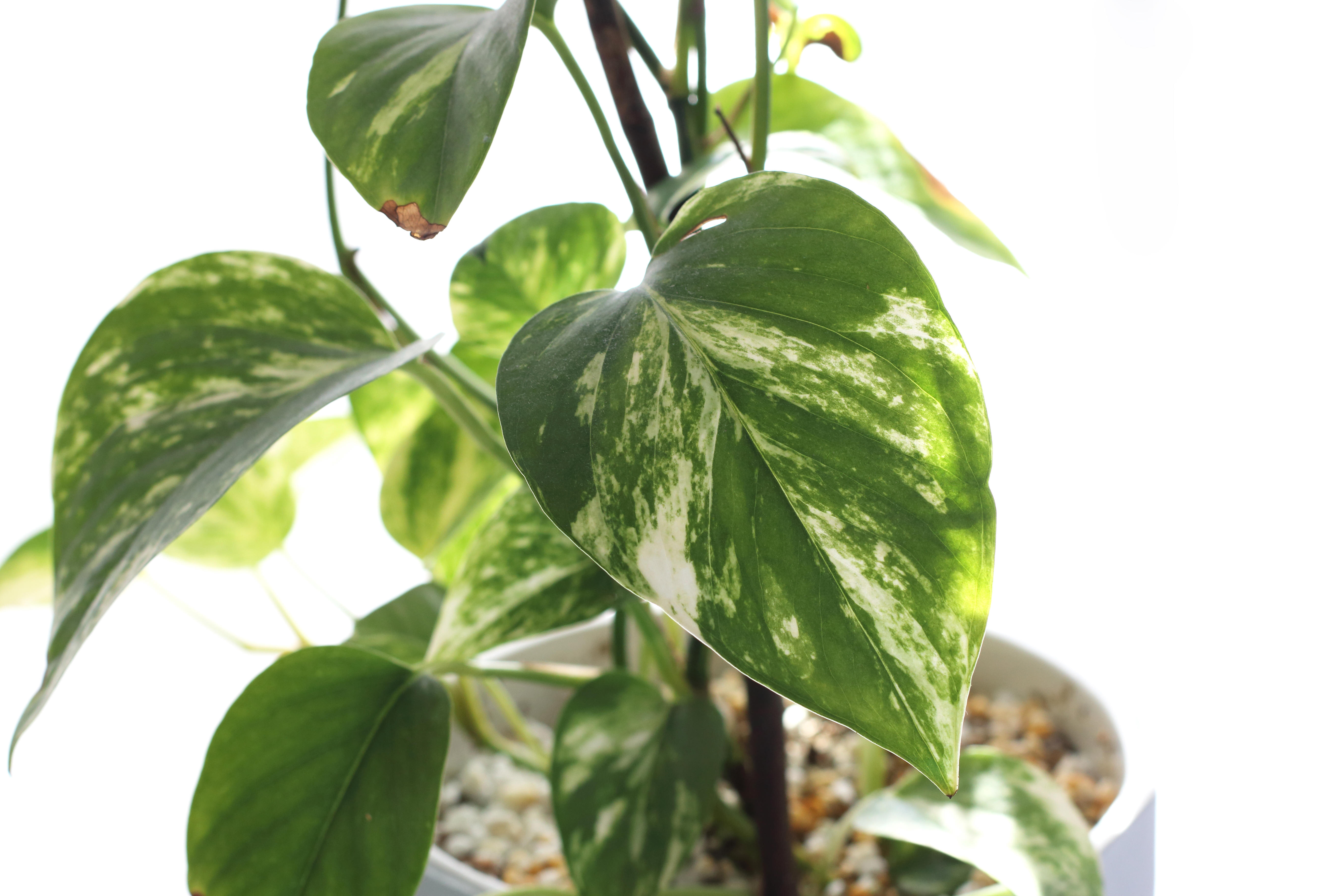
Devil’s Ivy: Not only renowned for bringing good fortune, but also a sense of peace thanks to its leaves.
Asparagus Fern: Helps to bring a sense of calm
Dracaena: Clears the mind from chaos
Best for: The bathroom
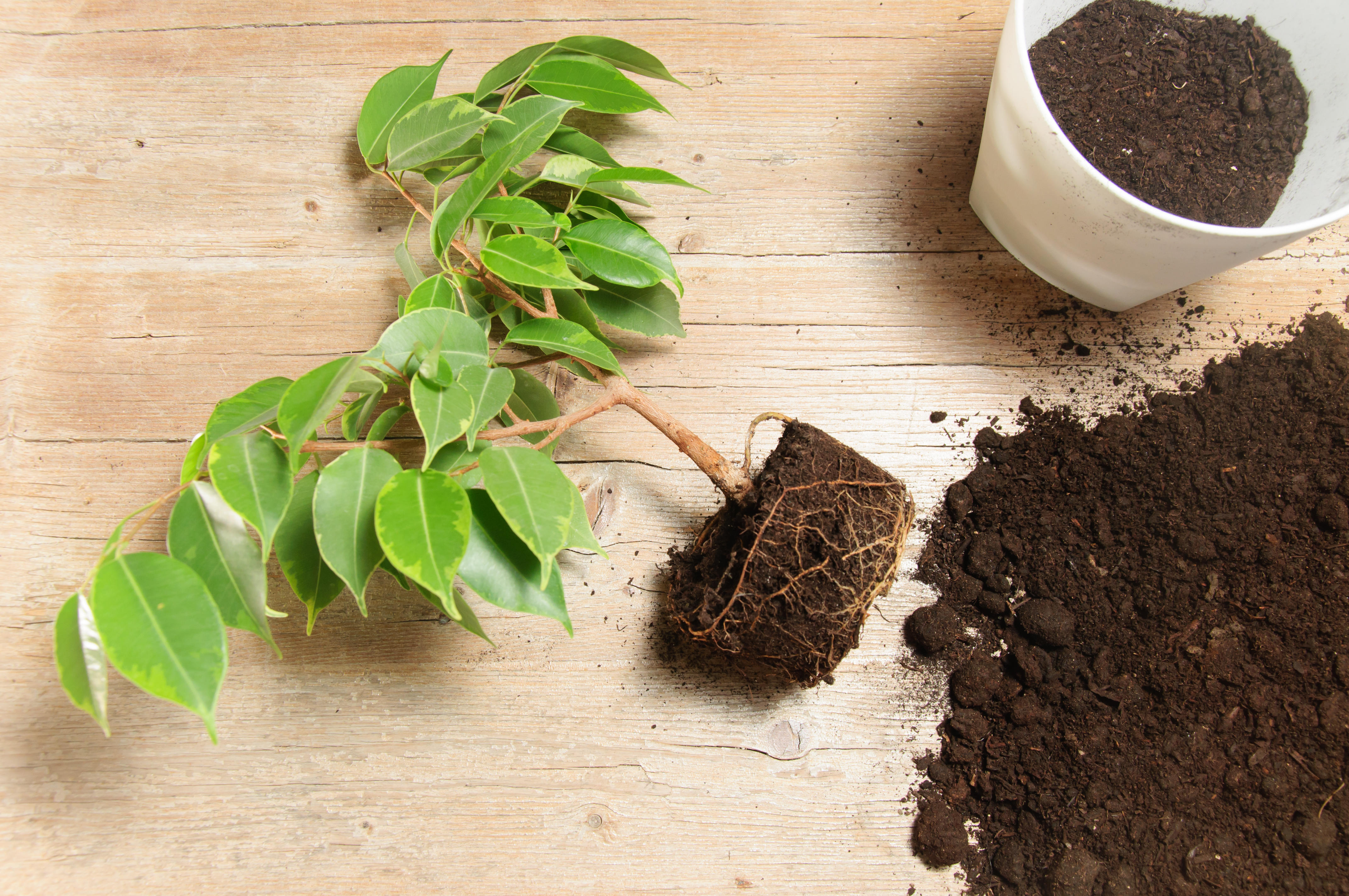
Weeping Fig: Effective at naturally filtering pollutants.
English Ivy: They’re good at improving air quality, and can help to reduce mould, essential in the bathroom due to the amount of moisture in the air.

Faye M Smith is a Senior Health And Lifestyle writer working across Woman & Home, Feel Good You, Woman’s Own and Woman magazine. Having gained an NCTJ postgraduate diploma, Faye has worked for 15 years in journalism, covering a range of lifestyle topics for companies including the BBC, Press Association, News UK and Hachette.